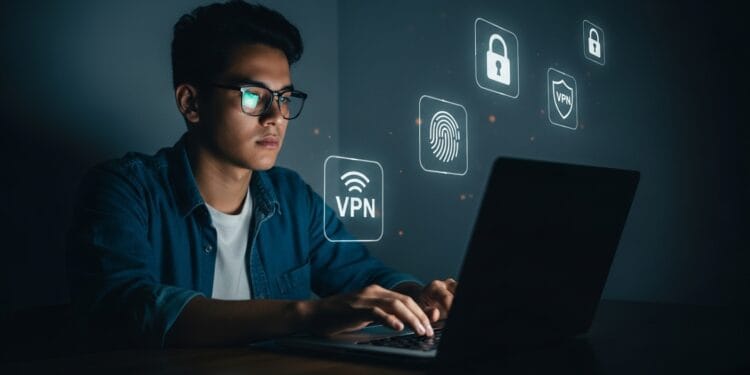Your entire life lives online now. Your photos, your conversations, your banking information, and even your browser history. And while we scroll, click, and download, we often forget how ridiculously easy it is for bad actors to slip through the cracks and steal, spy, or sabotage.
Protecting your privacy doesn’t have to mean becoming a paranoid user or just living off the grid. It’s mostly about basic digital hygiene and knowing what actually works in a world where your data is currency.
Here’s how to keep your digital life private, secure, and safe from cybercriminals.
Stop Reusing Passwords
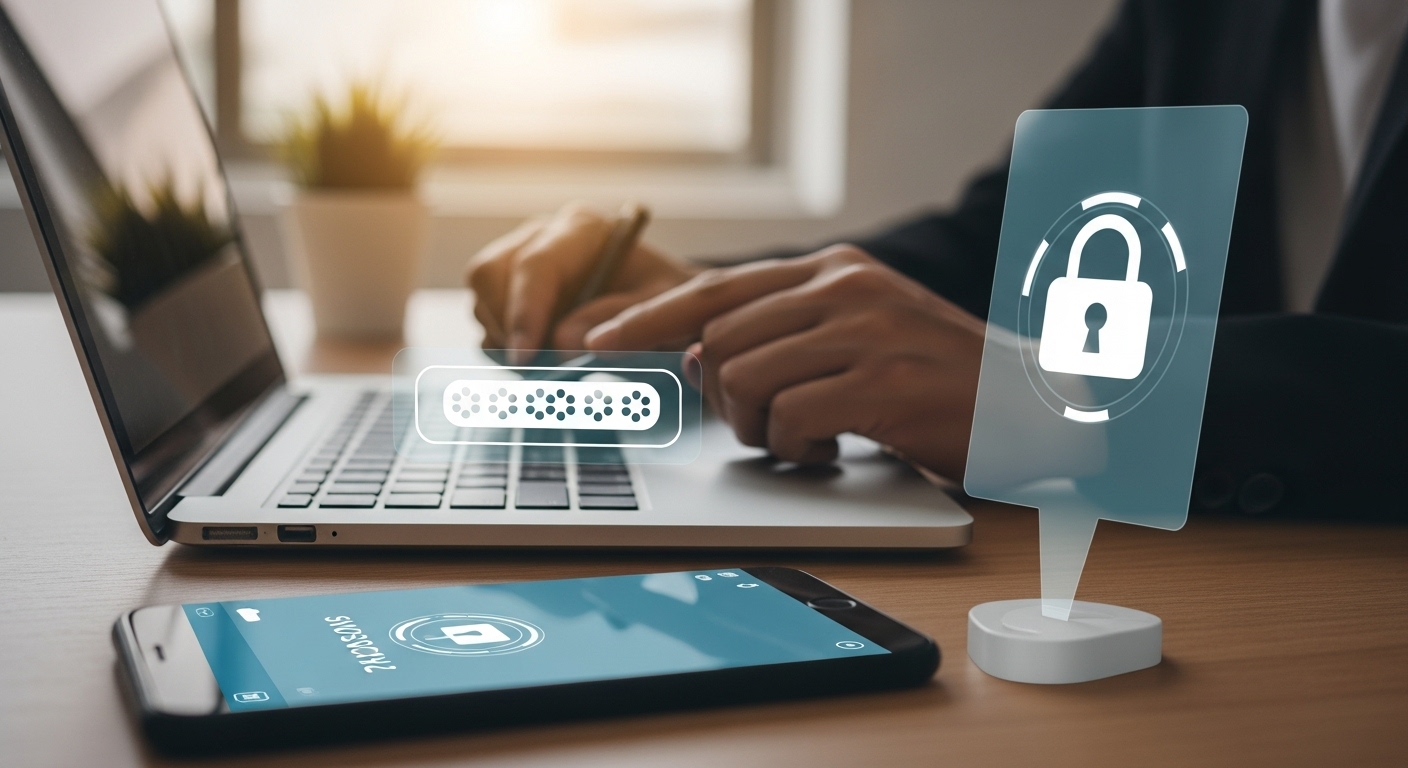 If your email, streaming subscription, online banking, and social media accounts all use the same password, you’re basically asking for trouble. All it would take is a single data breach for hackers to get access to everything.
If your email, streaming subscription, online banking, and social media accounts all use the same password, you’re basically asking for trouble. All it would take is a single data breach for hackers to get access to everything.
What you should do instead is:
- Use a reliable password manager
- Create unique, strong passwords for each account
- Turn on two-factor authentication (2FA) wherever possible
Also, please stop using your birthday, your pet’s names, or anything easily guessable as your password or even a part of it.
Use a VPN
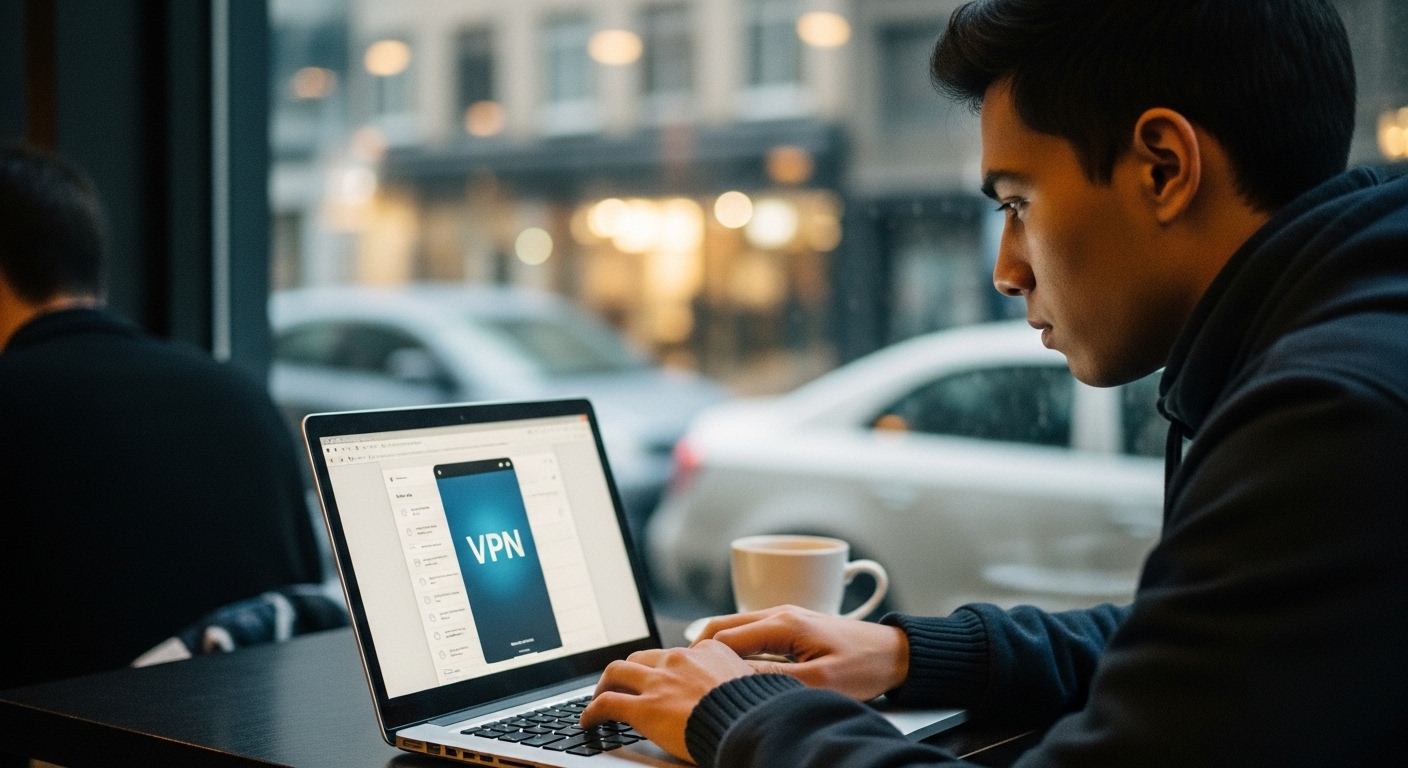 A Virtual Private Network (VPN) masks your IP address and encrypts your traffic, which means:
A Virtual Private Network (VPN) masks your IP address and encrypts your traffic, which means:
- Your location stays hidden
- Your data isn’t visible
- Hackers on public Wi-Fi can’t access your traffic
Whether you’re working from a cafe or just browsing the internet from your couch, a VPN or similar proxy tools add a layer of privacy that most people never think about (but should).
Check Your App Permissions
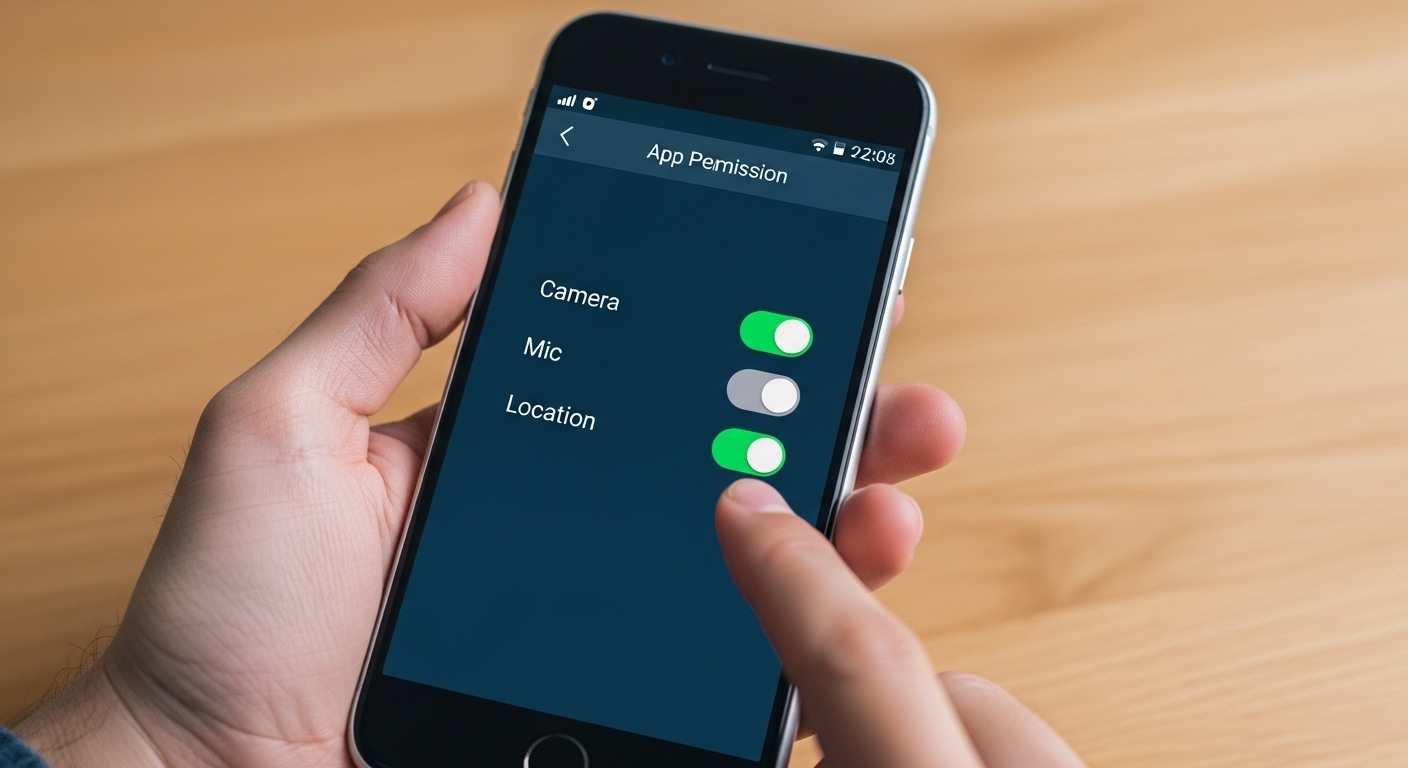 You’d be surprised by how many apps ask for stuff they don’t need. Why does a flashlight app want access to your microphone? Why does a weather app need your contacts?
You’d be surprised by how many apps ask for stuff they don’t need. Why does a flashlight app want access to your microphone? Why does a weather app need your contacts?
Before you mindlessly hit “allow,” take a second and think, “Does this app really need this kind of access?” Then, go into your settings and revoke permissions you never meant to give.
Look into:
- Camera and mic access
- Contacts
- Location tracking
- Background data usage
Your privacy starts with telling apps to mind their own business and stay in their lane.
Get Antivirus Software
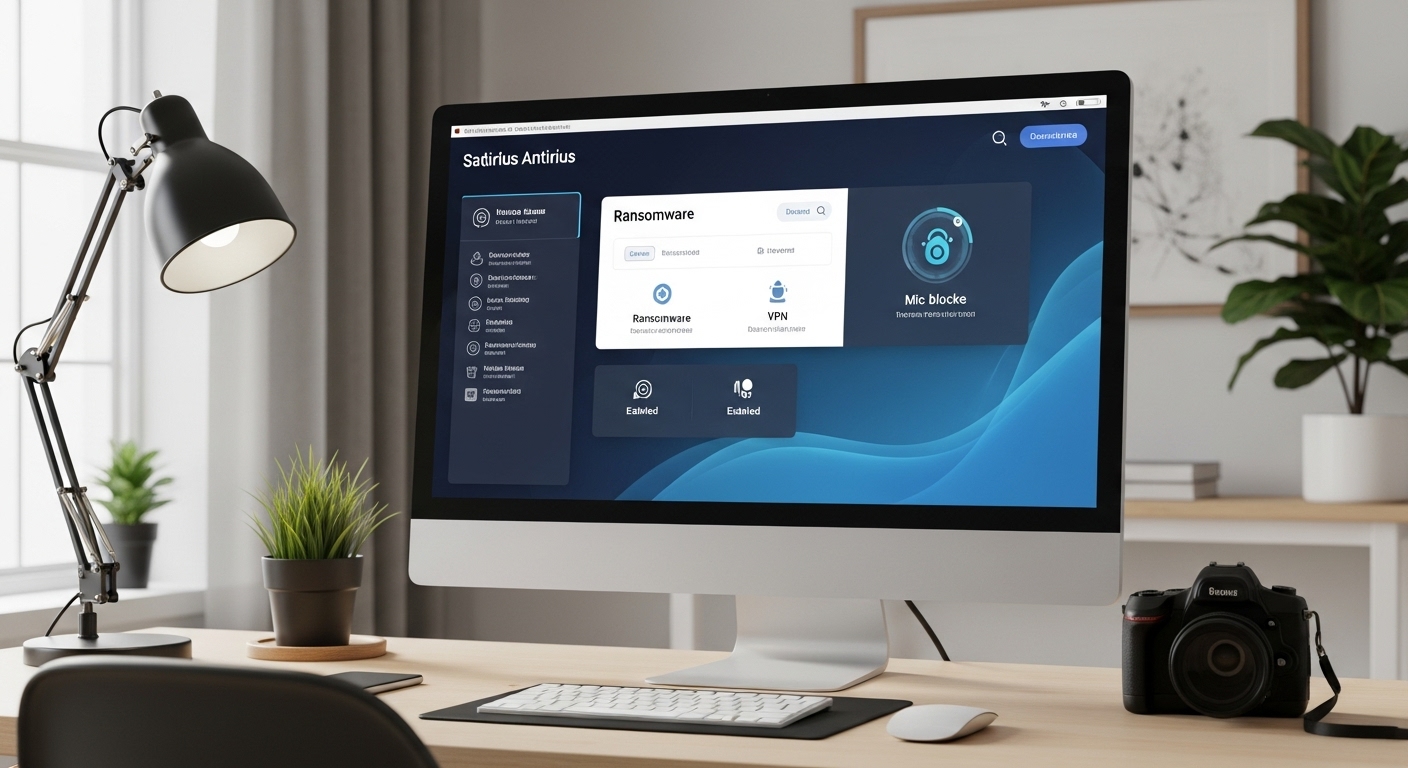 Antivirus software isn’t just for blocking viruses anymore. It’s also one of the core tools for digital privacy.
Antivirus software isn’t just for blocking viruses anymore. It’s also one of the core tools for digital privacy.
Modern antivirus features go beyond the basics and may include:
- Real-time ransomware protection
- Anti-phishing tools that block fake login pages
- Secure VPN access bundled in
- Webcam and mic blockers
- Safe browsing modes that flag suspicious sites
- Encrypted password storage
Even if you believe you would never click suspicious links, remember that not all attacks are obvious. Some malware installs silently through seemingly harmless pop-ups or downloads.
Be Careful About What You Share Online
 Even if you have a private account, nothing that you post online is ever truly private. Screenshots exist, data gets scraped, and old posts resurface.
Even if you have a private account, nothing that you post online is ever truly private. Screenshots exist, data gets scraped, and old posts resurface.
You don’t have to stop posting altogether, but think twice about sharing:
- Personal details, like your home or work address
- Travel plans or precise destinations
- Your family’s details
Online privacy is mostly maintained by limiting how much of yourself you give away for free.

























